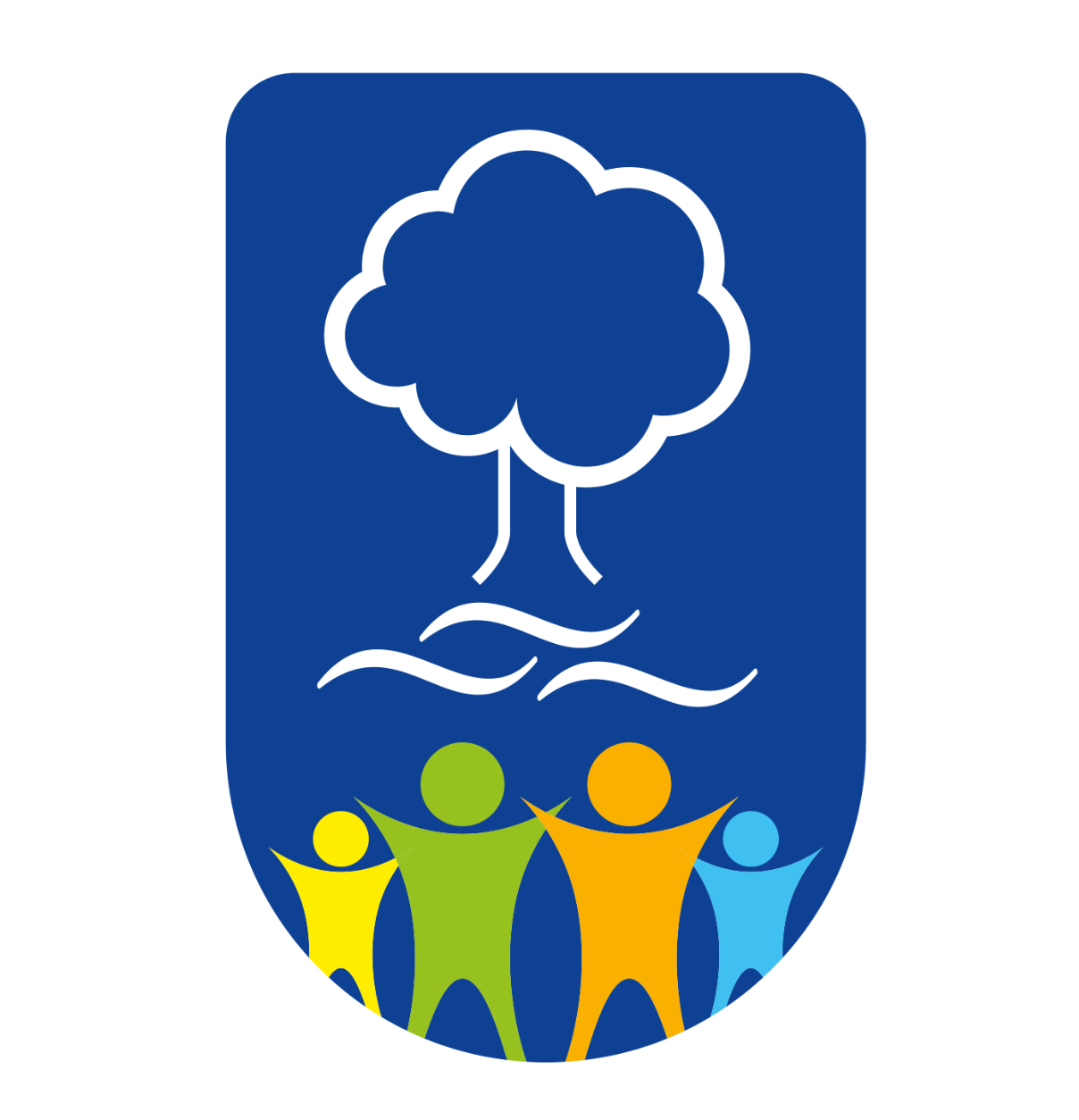Forest School
Forest School is different to other forms of outdoor education because practitioners follow 6 guiding principles as agreed by the professional body for Forest School, the Forest School Association.
Forest School gives children the opportunity to choose their own learning pathway be it tree climbing, bug hunting or pond dipping. The structure of the classroom does not come out to forest school, there are no specific focussed objectives, activities are open ended. Whilst learning in this different environment children have to self-evaluate – assess the risk to themselves and others before continuing.
The Forest School ethos focuses on children and young people, giving them the tools to make their own choices and assess their own risks. This in turn harnesses children’s natural inquisitive nature focusing on the ‘how’ and a ‘child’s right to play’. Scenarios during forest school remain open ended so that the children take the forest experience where they choose.
Principle 1:
Forest School is a process of regular sessions in a woodland or natural environment.
Children will access forest school sessions for ½ a term each year. This allows them to build on the last session as they gain confidence and discover the possibilities available within the woodland. Our forest school leaders have a plan of what could happen which enables the children to use the guidance or to choose their own path.
Principle 2:
Forest School takes place in a woodland or natural wooded environment to support the development of a relationship between the learner and the natural world.
In a modern world where, for many, life is busy, computers are the norm and children are spending less time in the natural environment it has never been more important for the opportunity for learning in this different environment. It enables learners to begin to understand and enjoy the world around them.
Children may also be taught how to safely use tools, build shelters or light fires. However, risk doesn’t just include physical danger but also the social and emotional risk from trying something new. A careful risk/benefit analysis for each activity is always carried out. Overcoming risks and challenges helps to build resilience and confidence when explored through play.
Principle 3:
Forest School aims to promote the holistic development of all those involved, fostering resilient, confident, independent and creative learners. (Forest School Association)
Forest school harnesses the development of the whole child. This means we inspire development on multiple levels including:
Spiritual development –Sessions give children a sense of their belonging to the wider world and their connection with nature.
Intellectual development – Knowledge is provided as situations arise and curiosity is encouraged.
Social development – Working within the same group of children establishes strong connections through shared experiences and collaborative working. Children are able to choose whether to work together or separately.
Physical development – Fine and gross motor skills are developed in the outdoor environment through opportunities offered to the children.
Communication and language development – Communication is developed through games, collaborative opportunities and reflection activities. Children are encouraged to listen to each other and describe their thoughts and opinions.
These aspects are developed in a low intervention manner by raising interesting questions, being a role model for behaviour and allowing children to self-discover and self-regulate. This fosters resilient, confident, independent and creative learners.
Principle 4:
Forest School offers learners the opportunity to take supported risks appropriate to the environment and to themselves. (Forest School Association)
Risks are present during our forest school sessions but the children are encouraged to assess the risk themselves. An awareness and appreciation of the natural world is embedded in Forest School so we are lucky at Woodford Halse to have our own woodland area.
Principle 5:
Forest School is run by qualified Forest School practitioners who continuously maintain and develop their professional practice. (Forest School Association)
We currently have 2 Level 3 Forest School Leaders atWoodford Halse. All of our practitioners hold up to date First Aid qualifications.
Principle 6:
Forest School uses a range of learner-centred processes to create a community for development and learning (Forest School Association)
With the learner at the centre of forest school the possibilities for development and learning are endless. It can help develop children’s independence and empathy. There are opportunities for the development of relationships and social skills, this in turn can lead to sharing of knowledge and ideas – peer teaching. It gives the learner the opportunity to think for themselves, to develop their own thoughts which lead to problem solving.



